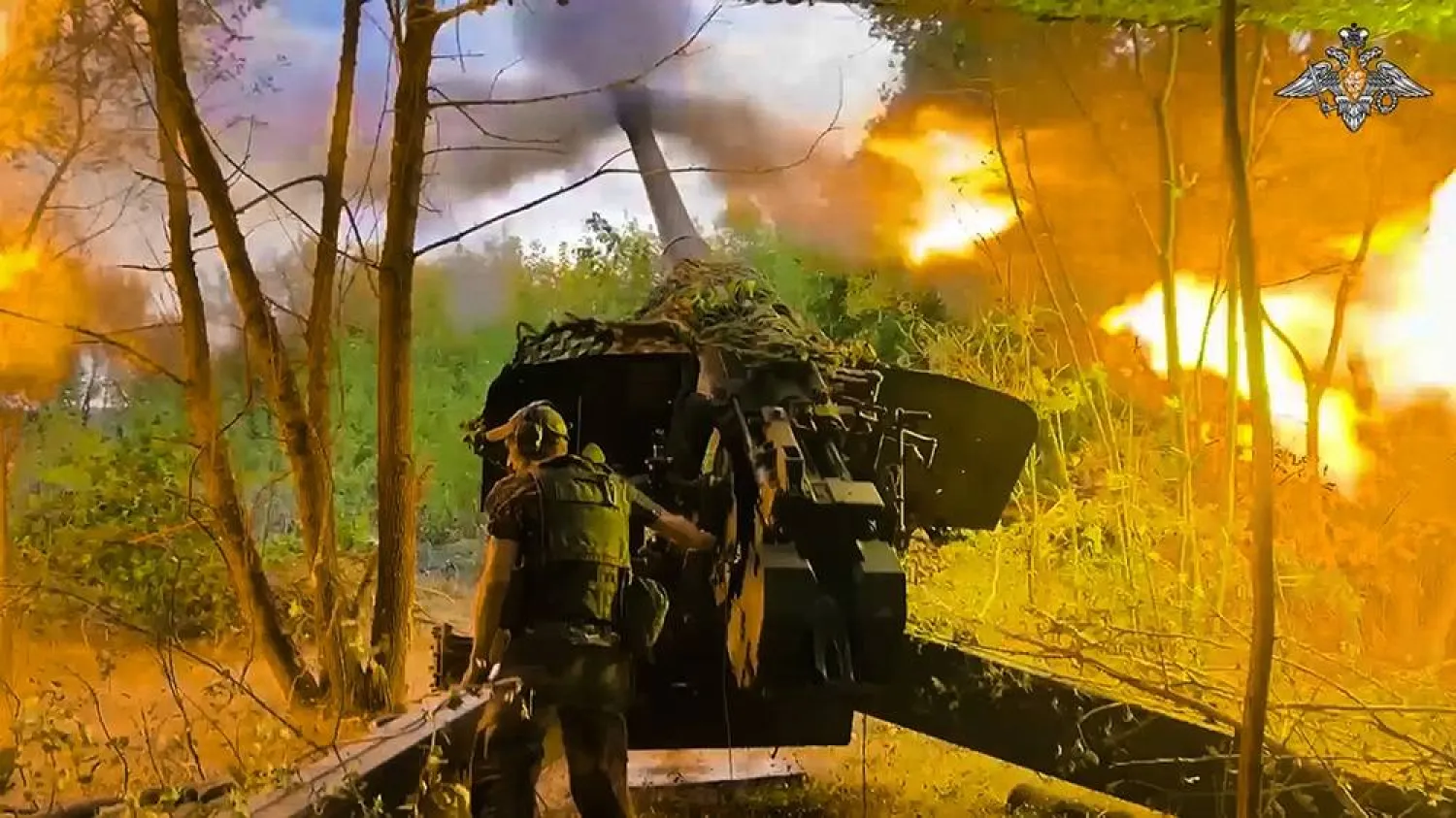Ukraine said on Monday it had asked the United Nations and the International Committee of the Red Cross (ICRC) to join humanitarian efforts in Russia's Kursk region following a cross-border incursion by Ukrainian forces.
Ukraine's army remains in the Kursk region more than a month after launching the assault, in which President Volodymyr Zelenskiy says Kyiv has taken control of about 100 settlements.
Foreign Minister Andrii Sybiha said he had instructed his ministry to formally invite the UN and ICRC to work in the Kursk region when he visited the northeast Ukrainian region of Sumy on Sunday. The ministry confirmed that it had issued the requests.
"Ukraine is ready to facilitate their work and prove its adherence to international humanitarian law," Sybiha said on X after the visit to Sumy, from where Ukrainian forces launched the cross-border attack.
He said the Ukrainian army was ensuring humanitarian assistance and safe passage to civilians in the Kursk region.
The Foreign Ministry said in a written statement that the invitations had been issued to the ICRC and UN, "taking into account the humanitarian situation and the need to properly ensure basic human rights in the territory of the Kursk region."
The ministry said it had asked the ICRC to monitor Ukraine's compliance with the principles of international humanitarian law in accordance with the Geneva Conventions, which cover the protection of victims of international armed conflicts.
Moscow, which invaded Ukraine in 2022, did not immediately comment on the invitations. It was not immediately clear how or whether the UN or ICRC had responded.
Russia's state-run RIA news agency reported on Monday that ICRC President Mirjana Spoljaric had arrived on a visit to Moscow and planned to meet Foreign Minister Sergei Lavrov.
Last week, Russian shelling killed three Ukrainians working for the ICRC and wounded two others in a village in the frontline Donetsk region, Ukrainian officials said. Spoljaric has condemned the attacks.









